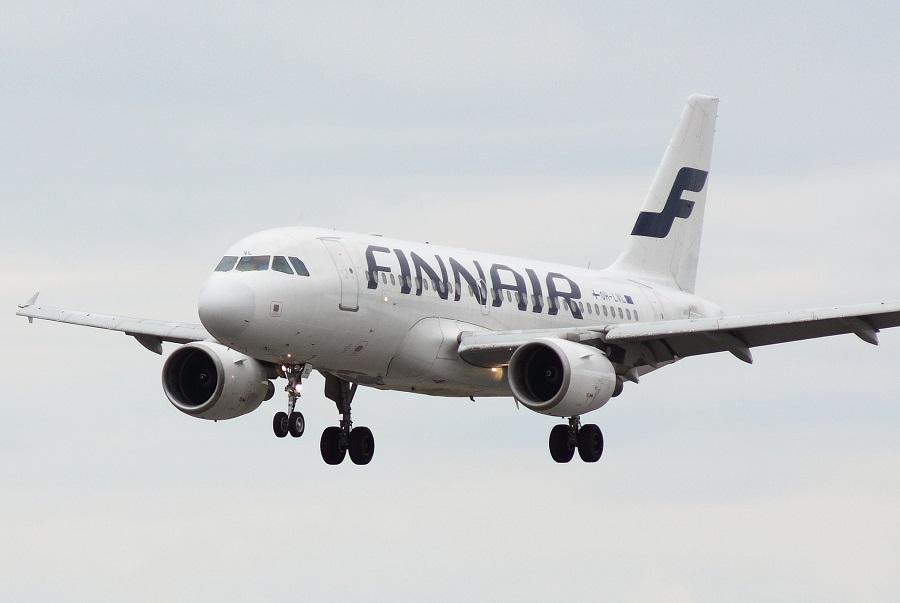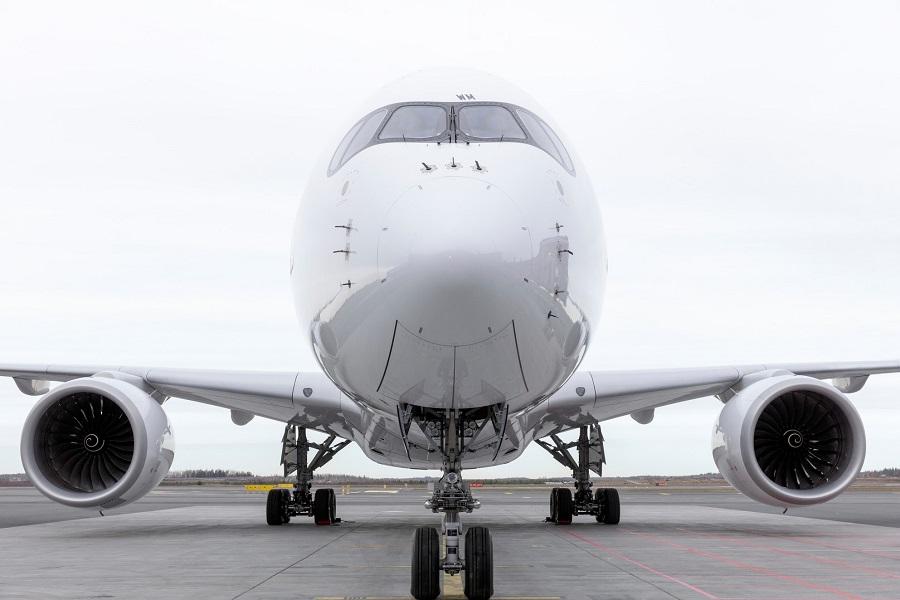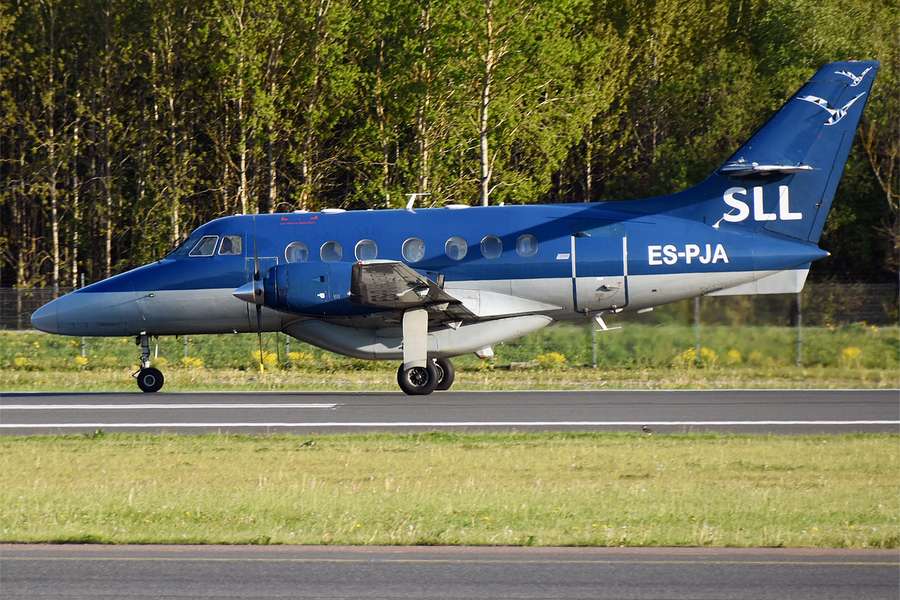Finnair and other airlines in Finland have detected GPS signal disturbances when their aircraft fly near different Russian areas. Why?
Russia’s attack on Ukraine has knock-on effects elsewhere in the world, as we’ve already seen in the case of sanctions. The stance of different countries towards NATO seems to be another of these effects. But in the case of what we see here, it is not clear if the war in Ukraine is relevant or not. In any case, the phenomenon appears to have started last Sunday.

The first GPS irregularities happened in the eastern borders of Finland, with Russia. Some observers noted that the problems began hours after Finland’s President, Sauli Niinisto, met with the US President. Their primary discussion topic was the Scandinavian country’s defence ties with NATO, in the face of Russia’s invasion of Ukraine.
GPS Disturbance Near Finland
Then on Wednesday (9th of March) Finnair, the flag carrier of Finland, reported GPS disturbances near Kaliningrad. This is a Russian enclave in the Baltic Sea, between Poland and Lithuania, south of Finland. A lot of Finnair’s flights towards other destinations in Europe fly close to Kaliningrad. And since the closure of Russian airspace, some of the airline’s flights to destinations in Asia travel close to it, too.

Finnair’s jets and those of other carriers flying in and near Finland, have alternative means of navigation, besides GPS. This is thanks to the Inertial Reference System (IRS), which uses internal laser gyros, to fix the aircraft’s position. However, this is something that smaller aircraft, in particular, don’t have. Aircraft also rely on Instrument Landing Systems (ILS) for approaches during low visibility conditions.
And this is why the situation has become very serious for Transaviabaltika, an airline in Lithuania. The GPS disturbances are keeping the airline from flying into Savonlinna Airport (EFSA) in eastern Finland. So far, the airline has had to cancel 18 flights to or from this destination. Its fleet consists of two BAe Jetstreams and a Let L-410 Turbolet. All of these are 19-seat turboprops.

So far, the cause of these GPS disturbances in Kaliningrad and the east of Finland is unclear. While natural phenomena such as solar activity can cause such issues, their localized and repetitive nature makes jamming much more likely. However, there have been no official announcements identifying a source for such jamming.



